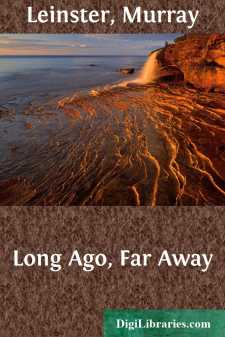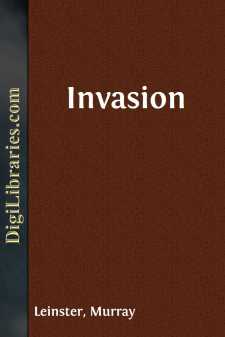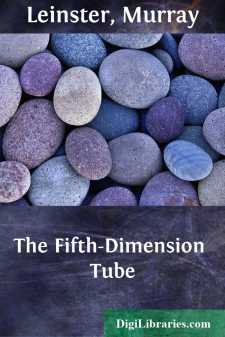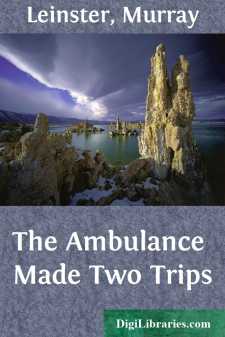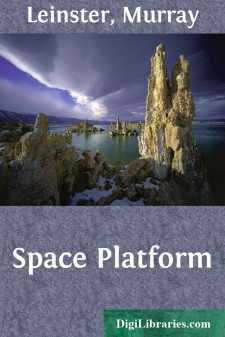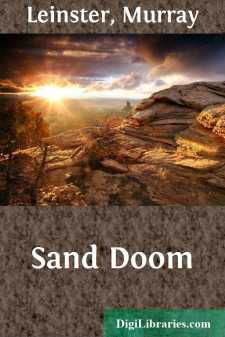Categories
- Antiques & Collectibles 13
- Architecture 36
- Art 48
- Bibles 22
- Biography & Autobiography 816
- Body, Mind & Spirit 145
- Business & Economics 28
- Children's Books 18
- Children's Fiction 14
- Computers 4
- Cooking 94
- Crafts & Hobbies 4
- Drama 346
- Education 58
- Family & Relationships 59
- Fiction 11831
- Foreign Language Study 3
- Games 19
- Gardening 17
- Health & Fitness 34
- History 1378
- House & Home 1
- Humor 147
- Juvenile Fiction 1873
- Juvenile Nonfiction 202
- Language Arts & Disciplines 89
- Law 16
- Literary Collections 686
- Literary Criticism 179
- Mathematics 13
- Medical 41
- Music 40
- Nature 179
- Non-Classifiable 1768
- Performing Arts 7
- Periodicals 1453
- Philosophy 66
- Photography 2
- Poetry 897
- Political Science 203
- Psychology 45
- Reference 154
- Religion 516
- Science 126
- Self-Help 86
- Social Science 82
- Sports & Recreation 34
- Study Aids 3
- Technology & Engineering 59
- Transportation 23
- Travel 463
- True Crime 29
Our website is made possible by displaying online advertisements to our visitors.
Please consider supporting us by disabling your ad blocker.
Long Ago, Far Away
by: Murray Leinster
Categories:
Description:
Excerpt
The sky was black, with myriads of stars. The ground was white. But it was not really ground at all, it was ice that covered everything—twenty miles north to the Barrier, and southward to the Pole itself, past towering mountains and howling emptiness and cold beyond imagining.
The base was almost buried in snow. Off to one side of the main building a faint yellowish glow was the plastic dome of the meteor-watch radar instrument. Inside Brad Soames displayed his special equipment to a girl reporter flown down to the Antarctic to do human-interest articles for not-too-much-interested women readers.
All was quiet. This seemed the most unlikely of all possible places for anything of importance to happen.
There was one man awake, on stand-by watch. A radio glowed beside him—a short-wave unit, tuned to the frequency used by all the bases of all the nations on Antarctica—English, French, Belgian, Danish, Russian. The stand-by man yawned. There was nothing to do.
"There's no story in my work," said Soames politely. "I work with this wave-guide radar. It's set to explore the sky instead of the horizon. It spots meteors coming in from space, records their height and course and speed, and follows them down until they burn up in the air. From its record we can figure out the orbits they followed before Earth's gravity pulled them down."
The girl reporter was Gail Haynes. She nodded, but she looked at Soames instead of the complex instrument. She wore the multi-layer cold-weather garments issued for Antarctica, but somehow she did not look grotesque in them. Now her expression was faintly vexed. The third person in the dome was Captain Estelle Moggs, W. A. C., in charge of Gail's journey and the public-relations angle generally.
"I just chart the courses of meteors," repeated Soames. "That's all. There is nothing else to it."
Gail shook her head, watching him.
"Can't you give me a human angle?" she asked. "I'm a woman. I'd like to be interested."
He shrugged, and she said somehow disconsolately:
"What will knowing the orbits of meteors lead to?"
"Finding out some special meteor-orbits," he said drily, "might lead to finding out when the Fifth Planet blew itself up.—According to Bode's Law there ought to be a planet like ours between Mars and Jupiter. If there was, it blew itself to pieces, or maybe the people on it had an atomic war."
Gail cocked her head to one side.
"Now, that promises!" she said. "Keep on!"
"There ought to be a planet between Mars and Jupiter, in a certain orbit," he told her. "There isn't. Instead, there's a lot of debris floating around. Some is as far out as Jupiter. Some is as far in as Earth. It's mostly between Mars and Jupiter, though, and it's hunks of rock and metal of all shapes and sizes. We call the big ones asteroids. There's no proof so far, but it's respectable to believe that there used to be a Fifth Planet, and that it blew itself up or was blown up by its inhabitants. I'm checking meteor-orbits to see if some meteors are really tiny asteroids."
"Hmmm," said Gail. She displayed one of those surprising, unconnected bits of information a person in the newspaper business picks up. "Don't they say that the mountains on the moon were made by asteroids falling on it?"
"It's at least possible that the moon was smashed up by fragments of the Fifth Planet," agreed Soames....


